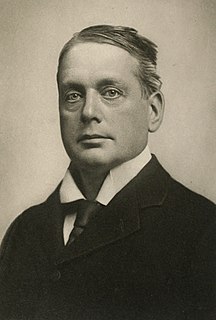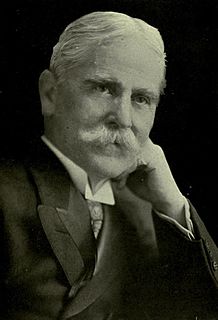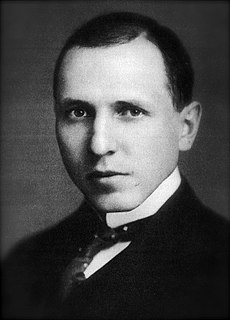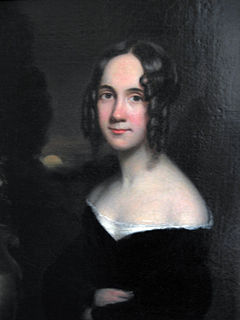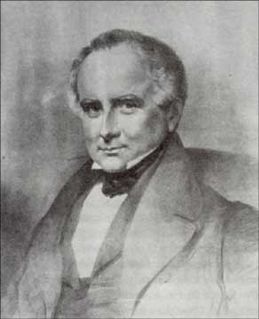A Quote by Victor Hugo
Every good quality runs into a defect; economy borders on avarice, the generous are not far from the prodigal, the brave man is close to the bully; he who is very pious is slightly sanctimonious; there are just as many vices to virtue as there are holes in the mantle of Diogenes.
Related Quotes
The brave man is intelligent; he faces danger because he understands it and is prepared to meet it. The drunkard who runs, in the delirium of intoxication, into a burning house is not brave; he is only stupid. But the clear-eyed hero who makes his way, with every sense alert and every nerve strung, into the hell of flames to rescue some little child, proves his courage.
Now see what a Christian is, drawn by the hand of Christ. He is a man on whose clear and open brow God has set the stamp of truth; one whose very eye beams bright with honor; in whose very look and bearing you may see freedom, manliness, veracity; a brave man--a noble man--frank, generous, true, with, it may be, many faults; whose freedom may take the form of impetuosity or rashness, but the form of meanness never.
I am not religious, but I am a pious man... A religious man has a definite religion. He says "God is there" or "God is there," "God is there." "Your god is not my god, and that's all." But the pious man, he just looks out with awe, and says, "where is God?" And "well, I don't understand it and I would like to know what this creation really means." That is a pious man, who is really touched by the greatness of nature and of the creation.

